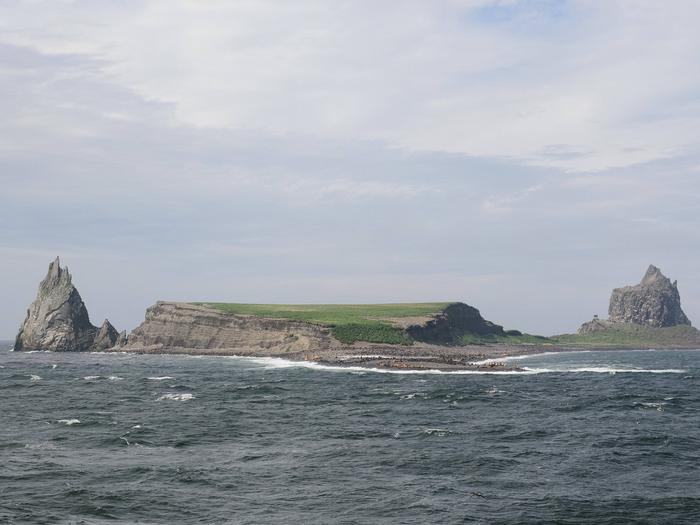Alaska Maritime National Wildlife Refuge
Much of the Alaska Maritime National Wildlife Refuge has been conserved for over a century, and we share stewardship with Alaska Native people. Development of sophisticated tools and the abundance of coastal and marine wildlife have made it possible for people to thrive here for thousands of years. The refuge stretches across the traditional homelands of the Unangax̂ people in the Aleutian and Pribilof Islands, as well as smaller parcels on the homelands of Alutiiq/Sugpiak, Yup’ik/Cup’ik, Iñupiat, Dena'ina, Tlingit, Haida, and Eyak peoples. Most of the refuge is federally designated Wilderness Area. Learn more.
The refuge is headquarterd in the Alaska Islands and Ocean Visitor Center located in Homer, which is at the end of the Sterling Highway, approximately 225 miles south of Anchorage. Regularly scheduled flights are available from Anchorage. The Alaska State Ferry System also serves Homer. Since most of the refuge is very remote, access is difficult and expensive. Visitors should contact the refuge for specific information about particular sites.

